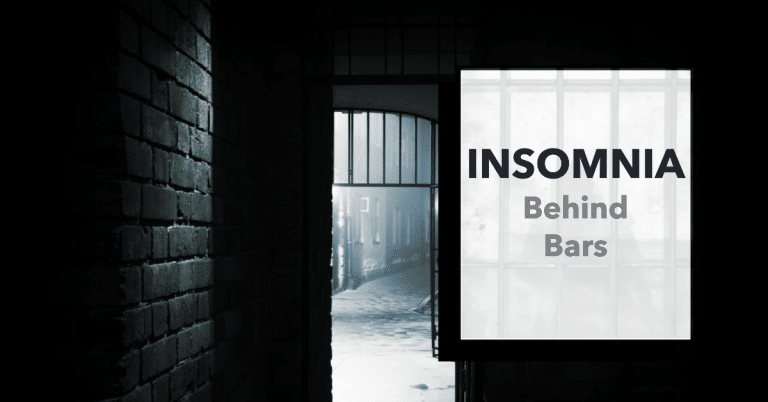
Insomnia Behind Bars: Unravelling the Impact on Prisoners – A Case Study – Guest Post
Sleep is a fundamental human need that plays a crucial role in maintaining our physical and mental well-being. However, achieving quality sleep can be a significant challenge for individuals incarcerated within correctional facilities. In this article, we will delve into the topic of insomnia among prisoners, shedding light on its

Recent Comments